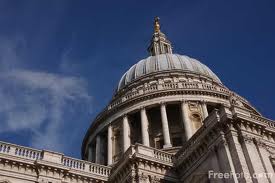
Responding to readers’ comments to our same-sex marriage post
We had a few comments from readers regarding my recent post on the Church of England’s views on same-sex marriage, co-written with my colleague Iain McLean. Below are two reader responses, and my replies. David wrote: ‘that differential treatment of the applicants’ rights fell within the ‘margin of appreciation’ afforded to member states.’ This is crucial factor in assessing the Church of England’s response. The reason for the European Court respecting the margin of appreciation. Judge Malinverni put it clearly: ‘Article 12 is inapplicable to persons of the same sex. Admittedly, in guaranteeing the right to marry, Article 9 of the Charter of Fundamental Rights of the European Union deliberately omitted any reference to men and women, since it …
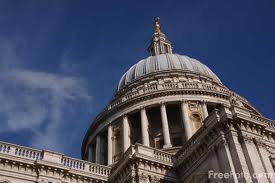
Same-Sex Civil Marriage and the Established Religious Lobby: Providing the Government with Good Information?
On Tuesday 12 June, two days before the end of the consultation by the Government Equalities Office (GEO) on same-sex civil marriage, the Church of England submitted an unsigned response. The response contains a number of arguments, which we feel are deeply flawed or simply inaccurate: Same-sex civil marriage violates the fundamental principle of marriage: complementarity, which arises from the difference between the sexes. If this argument does not depend upon the importance of procreation, and it cannot, then the argument is circular. Legislation on civil marriage will impact religious marriage because the institution of marriage is one and the same for both. But one of the foremost Christian apologists in the Church of England has argued that they should be …
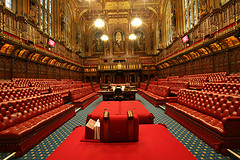
Getting the House in Order: Brainstorming a novel approach to Lords reform
Lords reform is well and truly on the agenda. So much so that it seems plausible to say that it could split the coalition. Compromise seems desirable. But tensions between and within parties could see progress grind to a halt, a situation unwanted not least because all of the three major parties have actually expressed support for reform, at least in principle. In this context, here, I outline a proposal I developed in a recent paper that has, to my knowledge, not be aired in the Lords reform debate before. I propose a reform that would reconstitute the House of ‘Lords’ with features that are commonly deemed desirable, but sometimes thought to be in conflict. Those features are that it …
History written and rewritten
John Sentamu, the Archbishop of York, recently posted a long statement explaining his opposition to same-sex marriage. Some of it appeared in the Guardian and on the Guardian’s CIF Belief blog. In it he referenced an interview he recently gave to the Daily Telegraph, which contains the following statement: We supported Civil Partnerships (the bishops in the House of Lords), because we believe that friendships are good for everybody. Like other religious opponents of same-sex marriage, he goes on to argue that civil partnership is “in every respect in ethical terms an honourable contract of a committed relationship”. Same-sex couples, he therefore says, should not press for marriage. But his factual claim is false. The main Lords debate on the …
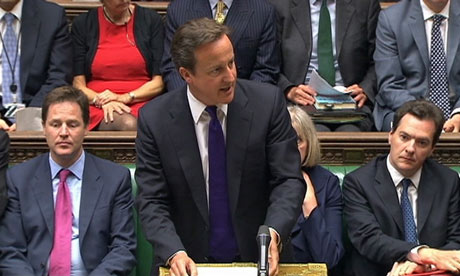
‘The West’s most radical government’: A Mid-Term Assessment of Cameron’s ‘Conservative-led’ Coalition
The ‘Conservative-led’ Coalition Government, to apply Sir Winston Churchill’s oft-quoted comment on Russia, is nothing short of ‘a riddle wrapped in a mystery inside an enigma’. Nevertheless, we can can try to decode its behaviour in both ideological terms and its necessary translation into action-oriented public policy positions. It shouldn’t be hard. The Economist recently described the Cameron Government as the ‘West’s most radical government’. The formation of the Coalition, to use the jargon of political science, was potentially an ‘inflection point’ in British politics. It has, even with a limited two-year perspective, the potential to be as seismic a political benchmark as the 1945 landslide victory for Clement Attlee’s programme for democratic socialism or Mrs Thatcher’s 1979 election victory …
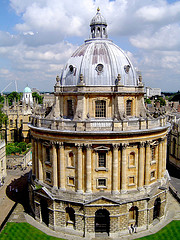
Facing Tough Questions: What should Oxbridge do about admissions and race?
In the national and international imagination, Oxbridge is the ideal type of British higher education. ‘What it does is amplified, domestically and internationally. “That’s unfair, says Trevor Phillips, chair of the Equality and Human Rights Commission, speaking at the Race Equality Question Time held at Oxford University. ‘It’s unjust that the world’s eyes are focused on Oxford…but that’s the price to pay for being at such a good university.” For issues like race, this is especially acute. But Oxford’s ‘image problem’, and how this image may embody inaccessibility is not just a ‘black issue’, it’s a social issue. It is unacceptable that out of c. 3000 new undergraduates this year, only 32 will be of black or mixed-race origin. But this does not mean …
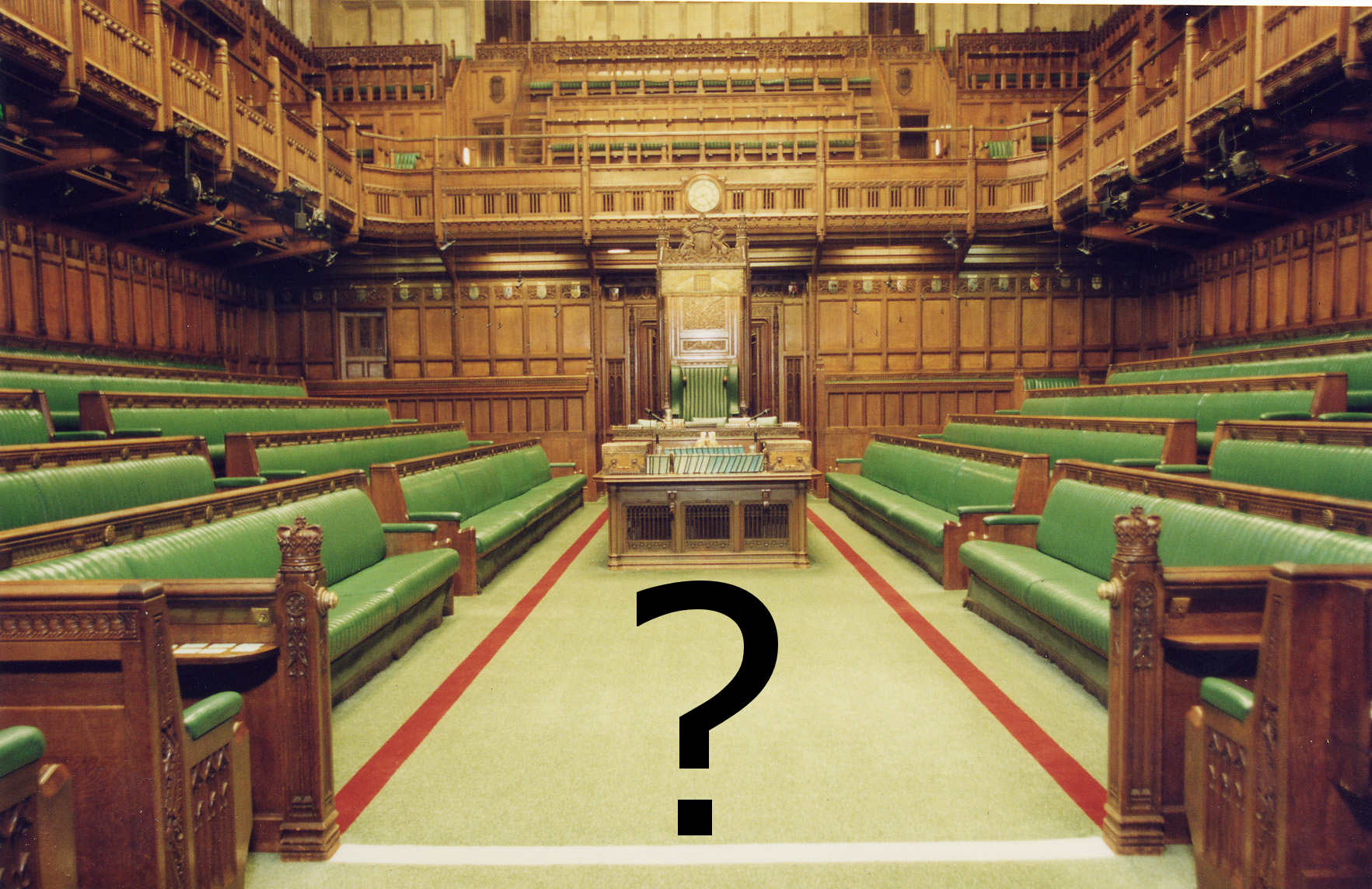
Predicting the next UK general election
As the results of the Local elections began to trickle in on Thursday night it soon became clear that the Labour Party had done well, gaining 824 councillors. The Conservatives, meanwhile, lost 403 and the Liberal Democrats lost 329. From this, the BBC reported an estimate of national vote share of 31% for the Conservatives, 38% for Labour and 16% for the Liberal Democrats, meaning that if these results were replicated at the next general election, Labour would win an 83 seat majority. But is there any reason to think that these results will be repeated at the next election? As I discussed in my last post, there are very good reasons to think that they won’t. But opinion in …
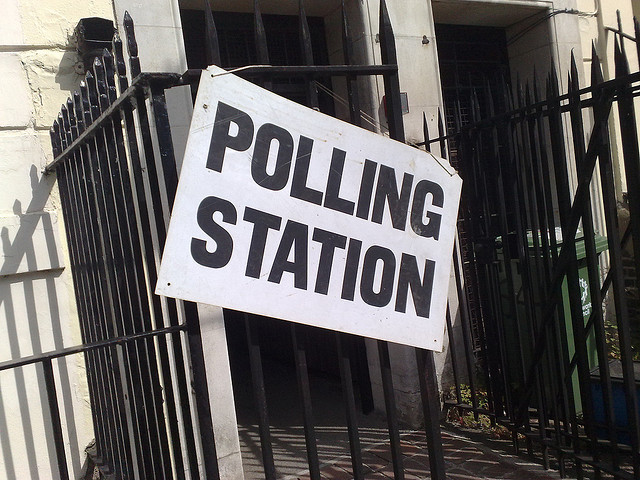
Do local elections predict general elections?
Today voters in 181 local authorities and councils across the UK will cast their votes to elect their local representatives. There are also elections for the London Assembly and three Mayoral elections, most prominently the election for the Mayor of London. Although officially concerned with local issues and local government, local elections in the UK are frequently taken to be large scale opinion polls on national political parties. When the results are announced they will inevitably be described by politicians and political commentators as (depending on the actual results, party affiliation and political inclination): a ‘triumph’, ‘disaster’, ‘bloody nose’, ‘strong message’, ‘resounding verdict’ and various other political clichés. Are politicians and commentators actually justified in making these statements? Do votes …









